What is Hydrogen Water and How Is It Different from Normal Water We Consume?
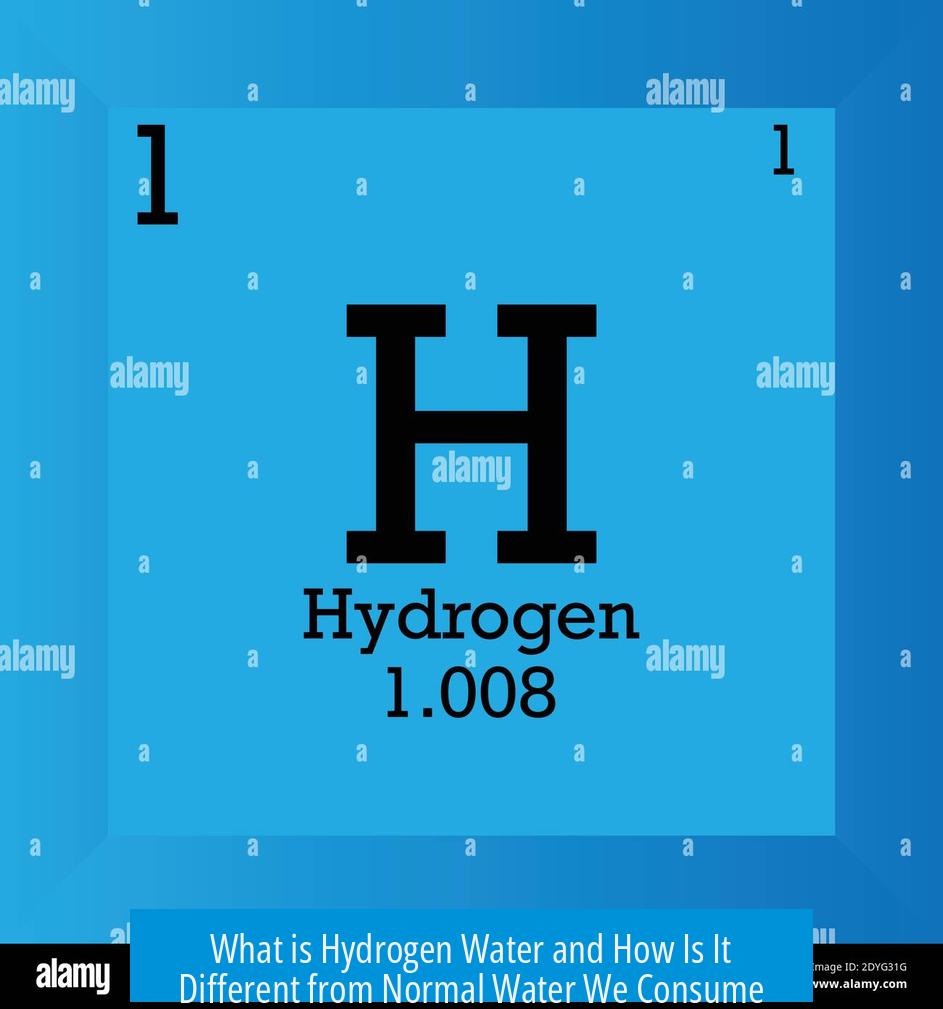
Hydrogen water is regular water with dissolved molecular hydrogen gas (H2) added. Molecular hydrogen is infused into water using electrolysis or hydrogen gas generators. However, hydrogen water differs little chemically or functionally from typical drinking water because water itself already contains hydrogen in the form of H2O molecules.
Definition and Composition of Hydrogen Water
Hydrogen water is essentially regular water infused with additional molecular hydrogen gas (H2). Using a hydrogen gas generator or electrolysis, hydrogen molecules are introduced into water, where they become suspended. This differs from ordinary water, where hydrogen atoms are bonded to oxygen forming H2O molecules.
The process involves electrolyzing water to produce hydrogen gas at the cathode. The reaction consumes H+ ions and produces free molecular hydrogen, which gets dissolved temporarily in the water.
Chemical Properties and Stability
Hydrogen gas is the smallest molecule and has very low solubility in water. It escapes rapidly from containers, especially plastic bottles, reducing the hydrogen content quickly after production. This makes hydrogen water unstable if stored for long periods.
- Hydrogen easily diffuses out of thin plastics within minutes.
- Bottled hydrogen water often contains minimal dissolved hydrogen due to gas escape.
- Consumers must drink hydrogen water soon after generation to experience any potential effects.
- Hydrogen can alter water’s acidity slightly through formation of hydronium ions (H3O+), but this is similar to adding lemon juice and does not confer unique benefits.
Scientific Evidence and Health Claims
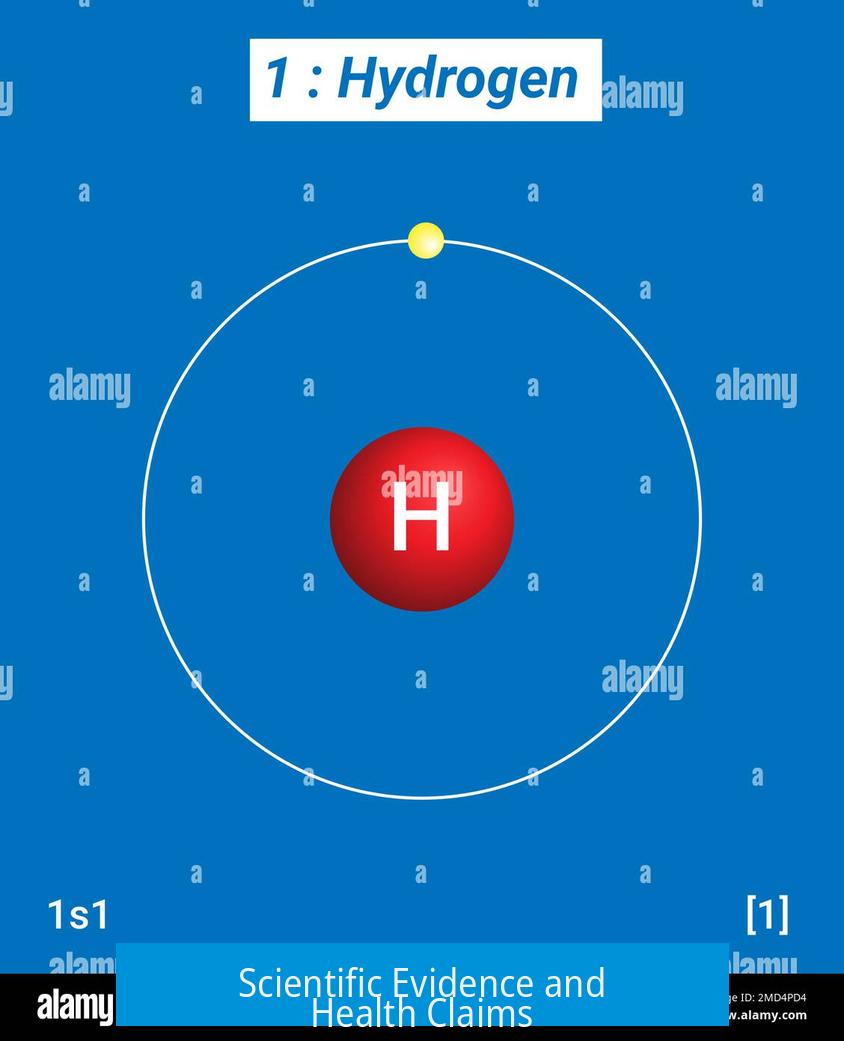
Some studies suggest that drinking water saturated with hydrogen gas (1–5 ppm) may help reduce oxidative stress. The exact mechanisms remain uncertain. Proposed benefits include neutralizing free radicals in human tissues or modifying gut microbiota, but evidence is not conclusive.
Most research shows mild effects limited to certain groups, especially older adults or those with particular conditions. Many trials report placebo-like results in healthy individuals.
Importantly, the human gut naturally produces hydrogen gas during digestion, meaning everyone already hosts hydrogen internally. This questions the need for extra hydrogen intake.
Current scientific consensus advises cautious interpretation of claims. More rigorous studies are needed to establish clear health benefits beyond placebo effects.
Marketing Strategies and Consumer Skepticism
Hydrogen water is heavily marketed at premium prices, often promoted by influencers. Critics label it a “snake oil” product due to:
- Rapid hydrogen loss making effects negligible in bottled versions.
- Lack of robust scientific backing for health claims.
- Use in MLM schemes and overpriced machines generating hydrogen water at home.
- Exaggerated benefits compared to plain or alkaline water.
Many experts view these products as marketing-driven rather than genuinely innovative health solutions.
Comparison with Normal Water
| Aspect | Hydrogen Water | Normal Water |
|---|---|---|
| Chemical Composition | Contains dissolved molecular hydrogen gas (H2) plus H2O | H2O molecules only (hydrogen chemically bonded to oxygen) |
| Hydrogen Content | Small added free H2 gas molecules, unstable and volatile | Hydrogen atoms bonded within water molecules, not free gas |
| Health Effects | Unproven, minimal effect, possible antioxidant role debated | Standard hydration, no added antioxidant properties |
| Price | Often expensive due to marketing and technology | Generally low cost, widely available |
| Storage Stability | Poor, hydrogen escapes quickly | Stable under normal conditions |
Normal water already contains about two-thirds hydrogen by elemental composition, but it is chemically bound to oxygen. Hydrogen water adds molecular hydrogen in a free gas form, but in tiny amounts that are difficult to retain or measure accurately.
Practical Considerations and Usage
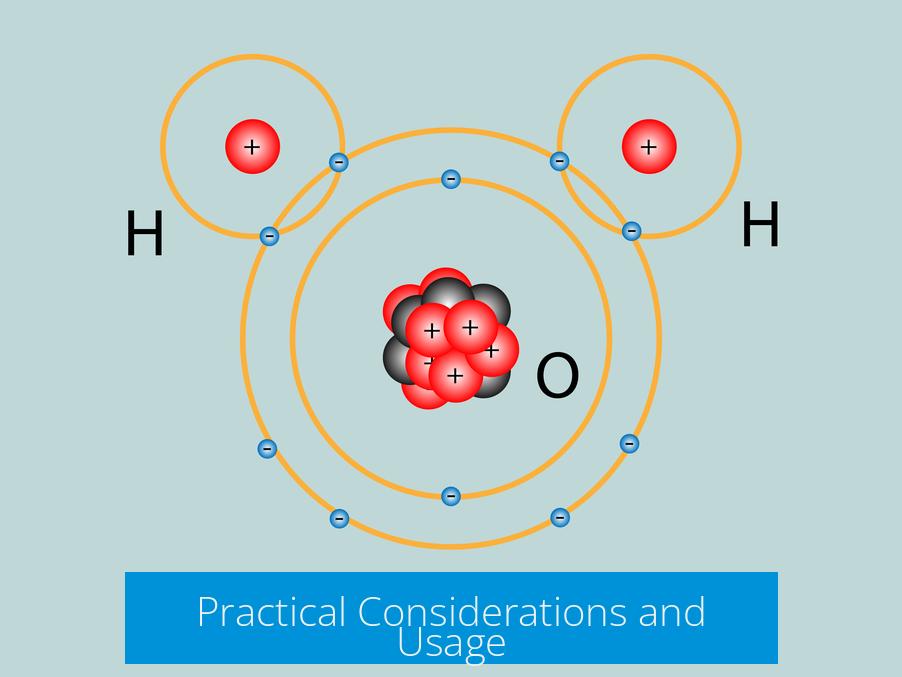
- Hydrogen water should be consumed quickly after production, ideally within minutes, to retain dissolved H2 gas.
- Specialized electrolysis machines generate hydrogen water on-site, mostly marketed in East Asia.
- Alkaline water, often paired with hydrogen water, can be cheaply produced at home by adding baking soda.
- The flammability of hydrogen gas is negligible at the low concentrations used in water products.
- Buying spring water rather than purified water may offer better taste and mineral content.
Key Takeaways
- Hydrogen water contains dissolved molecular hydrogen added to regular H2O, but its chemical difference is minimal.
- Hydrogen gas escapes quickly, reducing potential health benefits shortly after production.
- Scientific evidence for health effects is limited, with many studies still inconclusive or showing placebo effects.
- Marketing of hydrogen water is often overstated and overpriced compared to regular drinking water.
- Normal tap or spring water remains the practical choice for hydration without extra cost or unproven claims.
What is Hydrogen Water and How is it Different from Normal Water We Consume?
Hydrogen water is simply regular water infused with extra molecular hydrogen gas (H2), but it’s not magic—at least not in the way marketing claims suggest. Normal water (H2O) inherently contains hydrogen atoms bonded with oxygen to form its molecules. So the big question is: what’s the fuss about adding molecular hydrogen? Let’s dive into the details and sort fact from fiction in this bubbling debate.
First, let’s get the basics right. “Hydrogen water” doesn’t mean water with hydrogen stuck in the usual molecule H2O; it means water that has extra hydrogen gas, the diatomic molecule H2, dissolved in it. This gas is added, usually via a device that pumps hydrogen gas into the water through electrolysis. That process splits water into hydrogen and oxygen gases—ideally capturing the hydrogen to dissolve it back into the liquid.
Why Adding Hydrogen is Trickier Than It Sounds
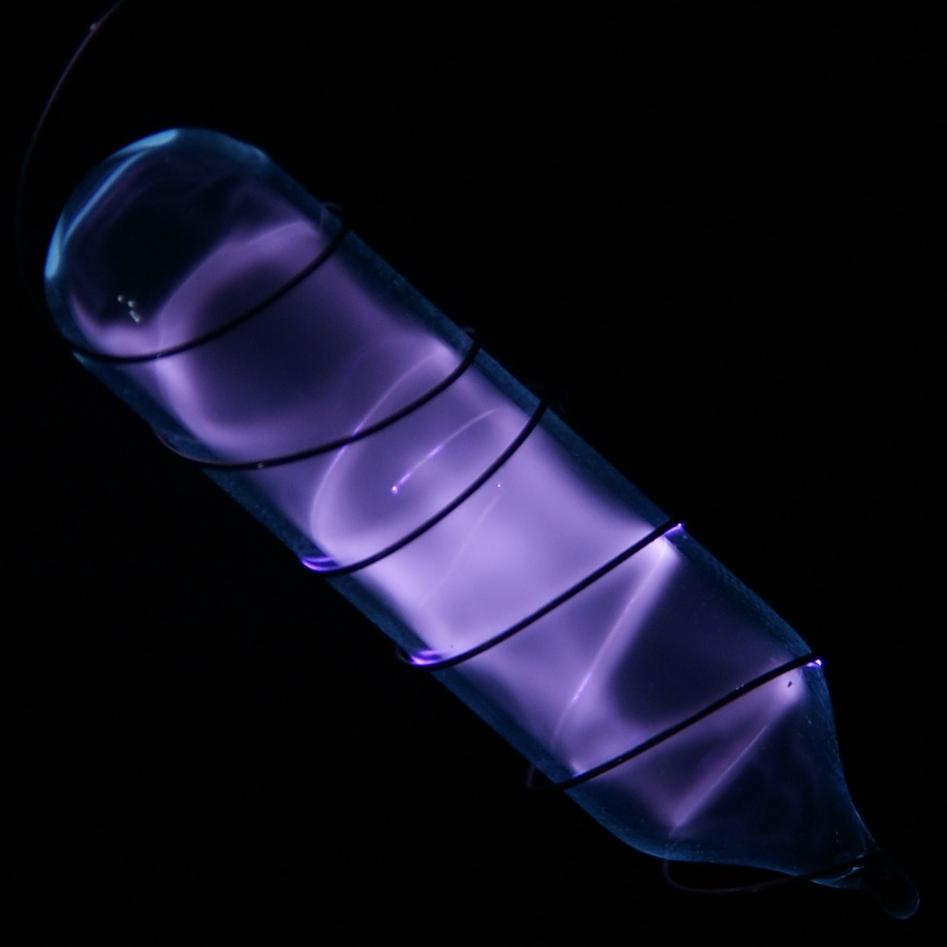
Here’s the kicker: the hydrogen gas doesn’t like to stay. It’s the smallest molecule in the world, sneaky and quick to escape from containers—especially thin plastic bottles. So, if you buy a bottle of marketed hydrogen water, much of the promised hydrogen has probably already bubbled out. You might even notice the bottle floating a bit, thanks to trapped hydrogen gas inside—though that’s not a sign of health benefits, just physics.
In fact, to truly benefit from any potential effects, you must drink hydrogen water immediately after it is produced or bottled. Otherwise, the hydrogen evaporates rapidly. This makes the whole idea of buying “hydrogen water” off the shelf somewhat pointless, because it probably lost its special content before hitting your hands.
Is Hydrogen Water Just Regular Water with a Marketing Makeover?
Many experts call hydrogen water what it basically is: regular water with some fancy marketing buzz. Some skeptics—even harshly—label it “snake oil,” suggesting it’s a product built on hype, not real science. The water we drink already has hydrogen bound to oxygen atoms, so the extra gas dissolved in it is a far cry from “supercharging” your health.
Adding to the confusion, some products combine hydrogen water with alkaline water—claimed to be healthier due to pH levels. The marketing magic often combines these two to create “neutralized” water, which sounds impressive but is essentially just water with a tiny tweak in composition. Buying into alkaline water for health is covering old ground with new labels, and adding hydrogen doesn’t change the fundamental chemistry much.
What Does Science Say About the Health Claims?
Interestingly, there are some studies suggesting hydrogen-rich water might reduce oxidative stress in the body. Oxidative stress is linked to cell damage and aging, and reducing it could have benefits. Research shows that water infused with hydrogen gas at concentrations of around 1-5 parts per million might offer clinical benefits in some cases.
But don’t cue the celebration music just yet. The effects observed so far are subtle and mostly within niche groups—like older adults or specific medical conditions. For healthy individuals, especially under 30, there’s little concrete evidence that hydrogen water works any better than regular water. The human gut naturally produces hydrogen gas due to bacterial fermentation, meaning everyone already has a constant low dose of “hydrogen water” inside their digestive system.
Should You Believe The Hype?
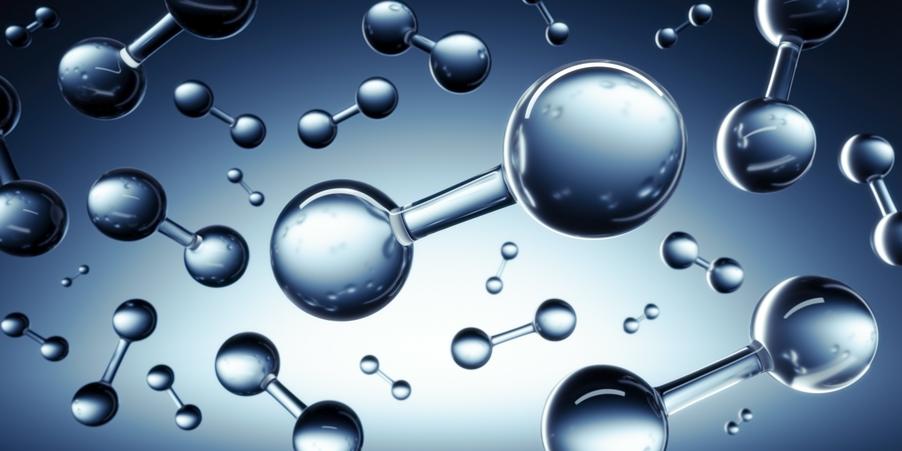
If you’ve ever scrolled TikTok or Instagram, you’ve seen influencers promoting hydrogen water as a miracle drink. It’s a favorite for multi-level marketing schemes, targeting wellness enthusiasts with premium prices for what is mostly regular water. The packaging might be slick, with high-tech claims and scientific jargon, but it’s wise to approach these products with caution.
One crucial red flag: once you open a bottled hydrogen water, the dissolved gas dissipates quickly, making timing essential. Many companies don’t guarantee the hydrogen concentration customers get at the point of consumption. Also, water bottled in plastic raises questions, as microplastics and chemical leaching compromise health benefits more than any extra hydrogen can improve them.
How Does Hydrogen Water Chemically Compare With Normal Water?
Hydrogen water involves dissolved hydrogen gas (H2) floating around the water molecules. Regular water molecules (H2O) already contain hydrogen atoms bonded to oxygen—not in the free gas form. When hydrogen gas dissolves in water, it remains mostly in the form of gas bubbles, which are prone to escape.
Some argue acidity levels affect hydrogen content. Acidic water can have more hydrogen ions (H+), but these ions don’t translate to the “miraculous” effects claimed. It’s no different from adding lemon juice to your water, which makes it slightly acidic. Likewise, you can add baking soda to create alkaline water cheaply. These tweaks adjust pH but don’t revolutionize water’s health profile.
What About Practical Use? How Should You Approach Hydrogen Water?
- Hydrogen water has to be consumed quickly after being hydrogenated to retain any dissolved gas.
- Electrolysis machines can produce hydrogen water at home, but timing and storage remain issues.
- Beware of expensive bottles claiming long-lasting hydrogen content—most are marketing tricks.
- Hydrogen gas is flammable, but the amounts dissolved in water are tiny. Still, a fun fact to impress your friends.
- If you want alkaline water, baking soda is a cheap alternative to pricey brands.
- Tap water or natural spring water often provides the purest, most beneficial hydration—minerals included.
Final Verdict: Is Hydrogen Water Worth Your Buck?
Hydrogen water is water with added molecular hydrogen gas, but the extra hydrogen is fleeting and dissolves poorly. Scientific evidence suggests potential health benefits at certain concentrations, but these are modest, niche, and sometimes inconclusive. Most “hydrogen water” products don’t deliver the promised levels, and the health claims are often inflated to justify premium prices.
Normal tap or spring water remains the champion for hydration. It’s cheaper, readily available, and your body is well-adapted to it. The gut bacteria in all of us produce hydrogen naturally—a reminder that our bodies already handle this element well. So, before you invest in hype-marketed hydrogen water, ask: is bubbly gas in your bottle really the secret to health? Or is it just marketing fizz?
“Hydrogen water: part science, part marketing—and a splash of skepticism recommended.”
What’s your take? Ever tried hydrogen water and felt a difference, or think it’s just a pricey gimmick? Share your experience and stay curious about what you sip!
What exactly is hydrogen water?
Hydrogen water is regular water infused with molecular hydrogen gas (H2). The gas is added by pumping hydrogen into the water, suspending H2 molecules alongside the H2O.
How is hydrogen water different from normal water?
Hydrogen water contains extra dissolved hydrogen gas. Normal water already has hydrogen as part of its molecules (H2O). The added hydrogen gas in hydrogen water is minimal and escapes easily.
Does hydrogen water offer any real health benefits?
Some studies suggest hydrogen water may reduce oxidative stress. But overall evidence is weak, and benefits may be placebo for most people. More research is needed.
Why does hydrogen gas escape from hydrogen water so quickly?
Hydrogen is the smallest molecule and dissolves poorly in water. It easily escapes from thin plastic bottles or over time after electrolysis.
Is hydrogen water better than tap or spring water?
Hydrogen water isn’t significantly different from normal water. Tap or spring water offers minerals and is generally more stable. Hydrogen water is often sold at higher prices without extra value.


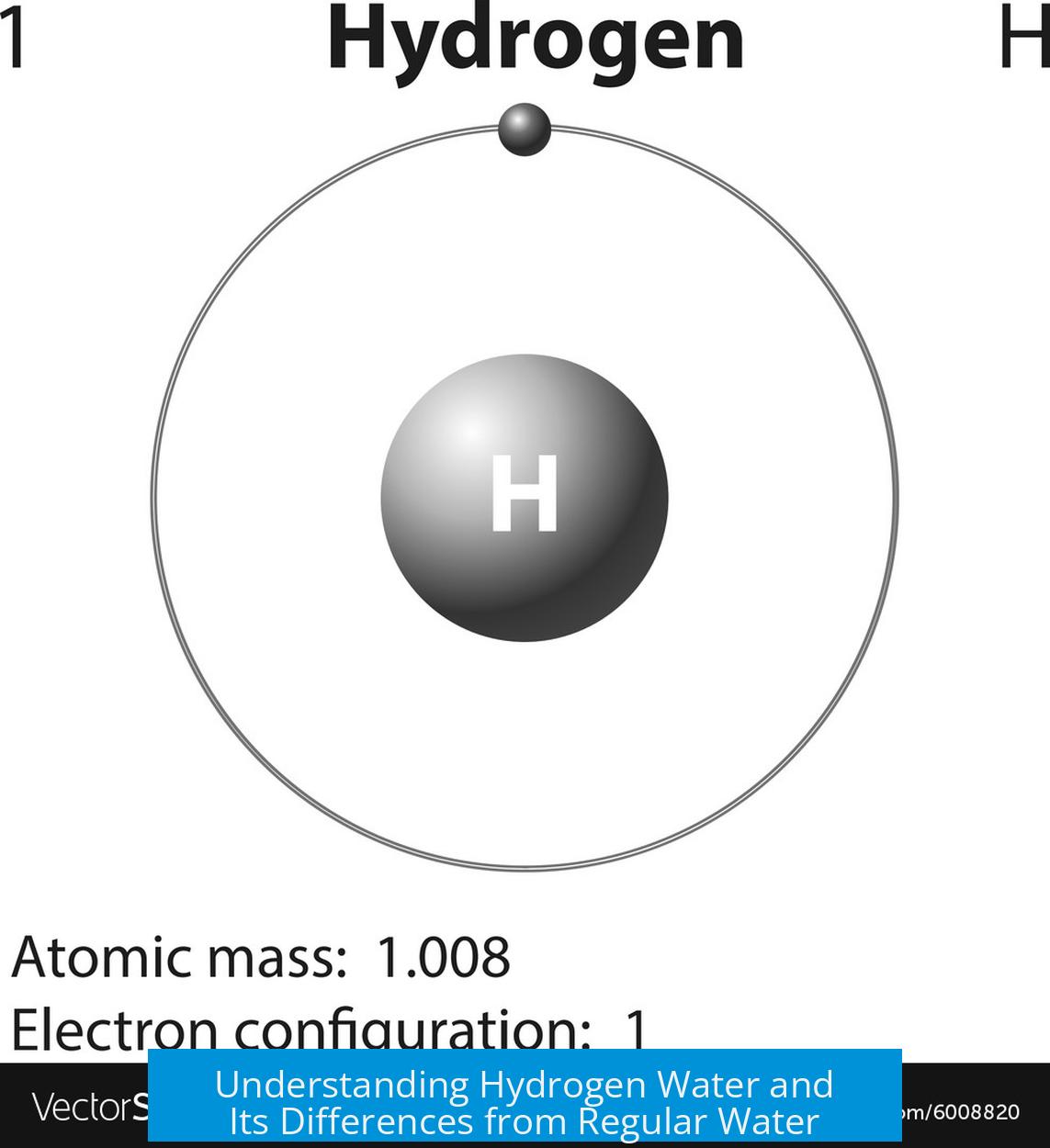
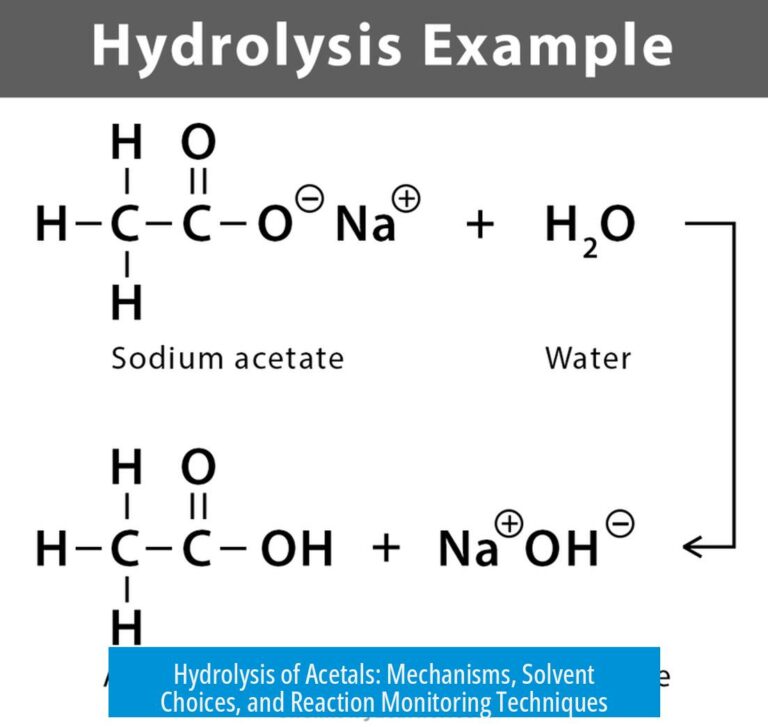
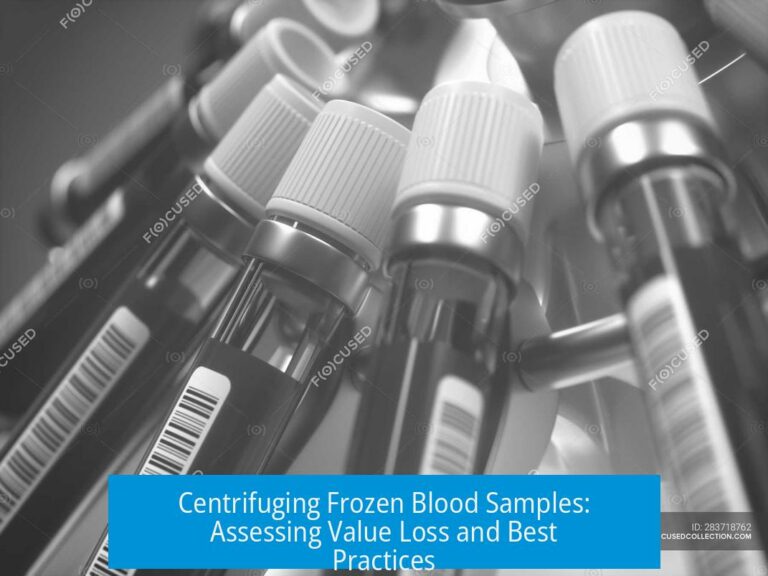
Leave a Comment